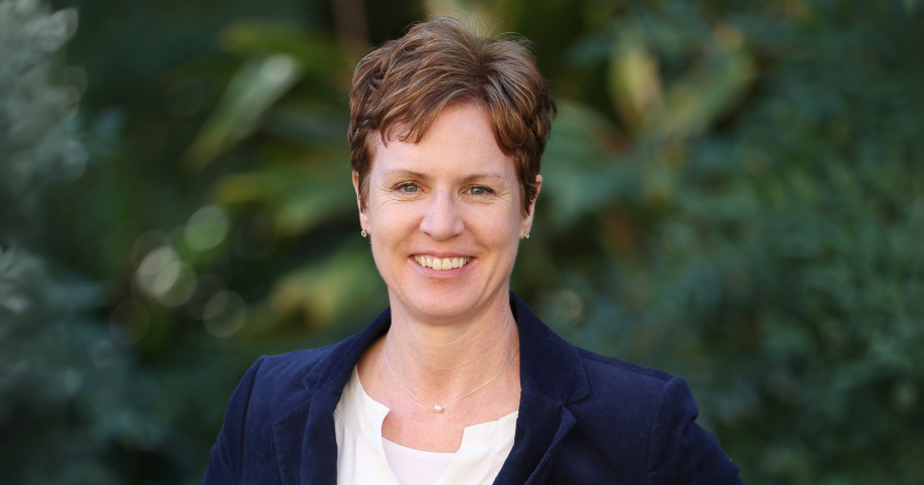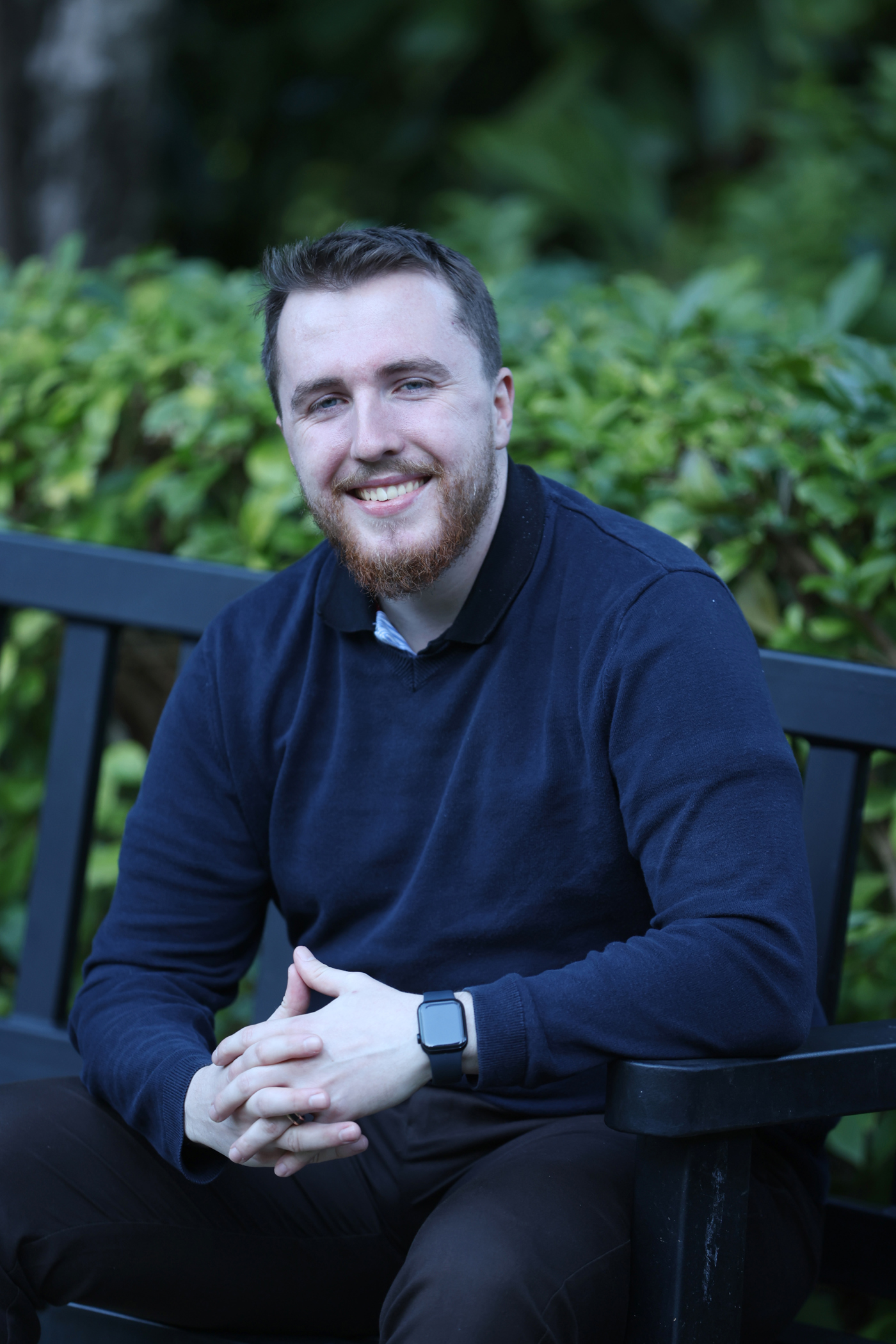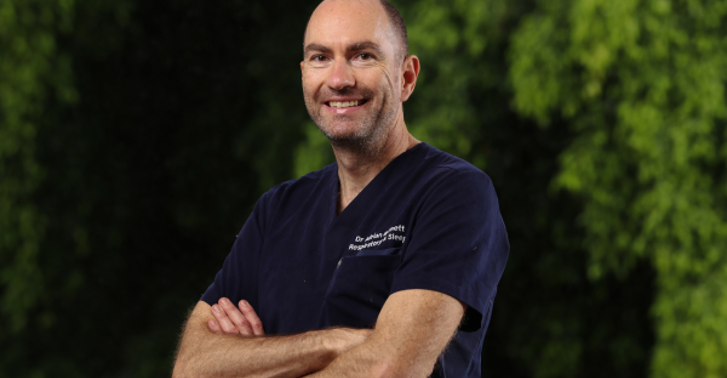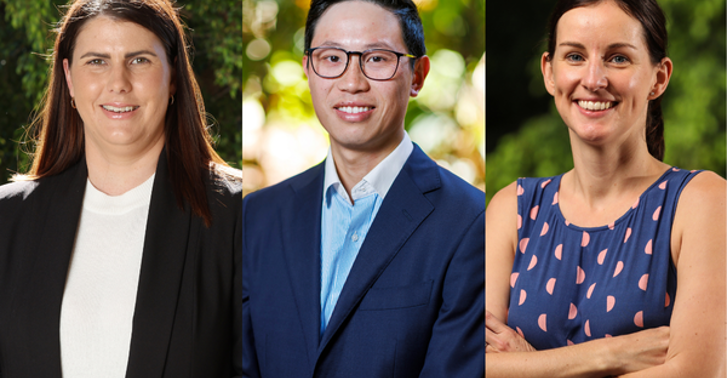
Around four thousand volunteers are being sought for one of the world’s largest and most comprehensive epilepsy studies being conducted in Australia.
Funded by a $30 million grant from the Medical Research Future Fund’s Frontier program, the five-year study will use advanced MRI scanning and cognitive research to improve the diagnosis and treatment of people living with the debilitating condition.
Up to four thousand people with epilepsy are being recruited, and 1,000 people without epilepsy are also needed as a ‘control’ group for the Australian Epilepsy Project (AEP), led by Professor Graeme Jackson Chief Investigator (AEP) at The Florey in Melbourne, with Mater Research as a key partner in Queensland.
Professor Aileen McGonigal, Clinical Director of the Mater Epilepsy Unit based at South Brisbane and research group leader, is one of the project’s investigators.
“We want to better understand the different subtypes of epilepsy and develop more precise ways to diagnose and treat different forms of epilepsy,” Prof McGonigal said.
“Right now, no other country is studying such a large group of people with epilepsy in this level of detail. This project reflects Australia’s role at the forefront of global epilepsy research, and we expect our findings to not only help Australians but also shape how epilepsy is understood and treated around the world.”
The project builds on Mater’s long-standing commitment to epilepsy and neurological research, including pioneering surgical procedures that have helped patients live seizure-free, such as laser-guided brain surgery.
And in 2023, a groundbreaking study was launched by Prof McGonigal to investigate the power of smartwatches to detect seizures, which in the future could enable patients to monitor their seizure risk by detecting stress-related signals.
Epilepsy is a disease of the brain characterised by spontaneous and recurrent seizures, that disrupt electrical activity in the brain.
With medications, around two in three people can become seizure-free, but a third continue to have seizures and are considered to have ‘drug resistant epilepsy.’

Aidan Shirley, 26, suffered his first seizure at 20 while sitting in a class at university and continued to have up to 100 seizures a year for four years.
“I felt broken, I felt like my body was betraying me, epilepsy derailed my life,” said Mr Shirley.
“I tried eight different medications, and they didn’t work, and then I started to give up, before having life changing surgery at Mater Private Hospital Brisbane,” he said.
In December 2023, after extensive work-up in the Mater Epilepsy Unit, Mr Shirley underwent a right temporal lobectomy at Mater, which involves removing a portion of the brain where seizures originate.
“I’ve been seizure free since then, it’s been amazing, I’ve got my life back.
“I graduated university with a business degree this week and also got married a year ago,” he said.
Mr Shirley hopes the research will provide much needed answers for many people living with the debilitating disease.
“It can be very depressing living with epilepsy and trying to have a normal life, but surgery has thankfully given me my life back,” he said.
Volunteers will undergo an advanced 90-minute MRI while completing cognitive tests focusing on language and memory.
The scans will then be evaluated by epilepsy neurologists like Dr David Vaughan from the Florey Institute to try to pinpoint the specific area of the brain responsible for seizures.
“The MRI scanning we use is a step above what’s available in hospitals today, and what we’re looking for is very subtle - small changes in the brain that can be the cause of epilepsy,” said Dr Vaughn.
MRI scans are available at seven sites across Queensland, Western Australia, South Australia, New South Wales and Victoria and will help inform neurologists if a person is a candidate for brain surgery.
Participants will also be required to complete a two-hour online cognitive assessment using Telehealth and they will receive a genetic self-testing kit to screen for chromosomal abnormalities.
AEP Chief Investigator Professor Graeme Jackson said the comprehensive testing is the first of its kind in Australia.
“This is a model that’s outside the bricks and mortar of a hospital, and yet it’s taking the expertise that is currently only contained in a hospital outside to the Australian population,” said Professor Jackson.
Associate Professor Heath Pardoe is the Science Operations Lead for AEP and utilises artificial intelligence techniques to predict health outcomes in people with epilepsy.
“In order to do this, we need a large sample size, which is what the AEP will give us, so what’s really groundbreaking about this study, is the size and scale of the project and how it covers all the varieties of epilepsy,” said Associate Professor Pardoe.
More than 250,000 Australians currently live with epilepsy and around 13,000 more are diagnosed each year.
To be involved in Mater’s epilepsy research or become a participant in the Australian Epilepsy Project, visit epilepsyproject.org.au



